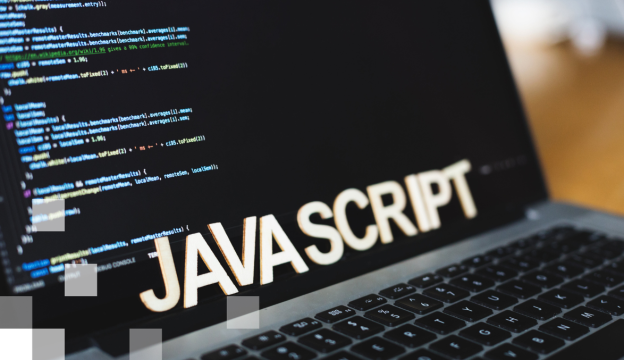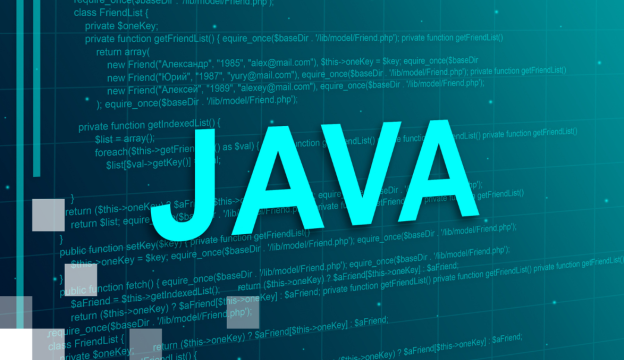Oracle Database: PL/SQL Fundamentals
Course target
- Design PL/SQL anonymous block that execute efficiently
- Use PL/SQL programming constructs and conditionally control code flow (loops, control structures, and explicit cursors)
- Handle exceptions in the program units
- Create and execute simple stored procedures and functions
- Write PL/SQL code to interface with the database
- Describe the features and syntax of PL/SQL
Audience
- Analyst
- Developer
- Implementer
At Course Completion
- Use various features of PL/SQL.
- Write anonymous blocks of code in PL/SQL.
- Use various PL/SQL conditional constructs and loops in program blocks.
- Interface the PL/SQL code with the database.
- Use stored procedures and functions in their program blocks.
- Handle Exceptions in PL/SQL code.
Prerequisites
–
Training materials
Oracle University materials
Certification Exam
None
Course outline
1. Introduction
- Course Objectives, Course Agenda and Class Account Information
- The Human Resources (HR) Schema
- Appendices Used in this Course
- PL/SQL Development Environments
2. Introduction to PL/SQL
- Understanding the benefits and structure of PL/SQL
- Understanding PL/SQL Blocks
- Generating output messages in PL/SQL
3. Declaring PL/SQL Variables
- Identifying valid and invalid identifiers
- Declaring and initializing variables
- Various data types
- Identifying the benefits of using the %TYPE attribute
- Using bind variables
4. Writing Anonymous PL/SQL blocks
- Lexical Units in a PL/SQL Block
- Using SQL Functions in PL/SQL
- Data Type Conversion
- Using Nested Blocks as Statements
- Referencing an Identifier Value in a Nested Block
- Qualifying an Identifier with a Label
- Operators in PL/SQL
- Using Sequences in PL/SQL Expressions
5. Using SQL Statements within a PL/SQL Block
- Using SQL Statements in PL/SQL
- Retrieving Data in PL/SQL with the SELECT statement
- Using Naming Conventions in DML Statements and data retrieval
- Manipulating Data on the Server Using PL/SQL
- SQL Cursors
- Using SQL Cursor Attributes to Obtain Feedback on DML
- Saving and Discarding Transactions
6. Writing Control Structures
- Controlling PL/SQL Flow of Execution
- Using IF and CASE Statements for conditional processing
- Handling Nulls
- Building Boolean Conditions with Logical Operators
- Using Iterative Control with Loop Statements
7. Working with Composite Data Types
- Composite Data Types of PL/SQL Records and Tables
- Using PL/SQL Records
- Inserting and Updating PL/SQL Records
- Using INDEX BY Tables
- Using Associative arrays
- Declaring and Using VArrays
8. Using Explicit Cursors
- Cursors
- Explicit Cursor Operations
- Controlling Explicit Cursors
- Using Explicit Cursors to Process Rows
- Cursors and Records
- Cursor FOR Loops Using Subqueries
- Explicit Cursor Attributes
- %NOTFOUND and %ROWCOUNT Attributes
9. Handling Exceptions
- Concept of Exception
- Handling Exceptions with PL/SQL
- Predefined Exceptions
- Trapping Predefined and Non-predefined Oracle Server Errors
- Functions that Return Information on Exceptions
- Usage of PRAGMA keyword
- Trapping User-Defined Exceptions
- Propagating Exceptions
10. Creating Stored Procedures and Functions
- Overview of Stored Procedures and Functions
- Differentiating between anonymous blocks and subprograms
- CREATE OR REPLACE PROCEDURE | FUNCTION
- Understanding the Header Area of a Stored Procedure and Function
- Creating Simple Procedures and Functions
- Creating a Simple Procedure with an IN Parameter
- Executing a Procedure and a Function
If you want to get more information about this course, contact us by phone +371 67505091 or send us an e-mail at mrn@bda.lv.











